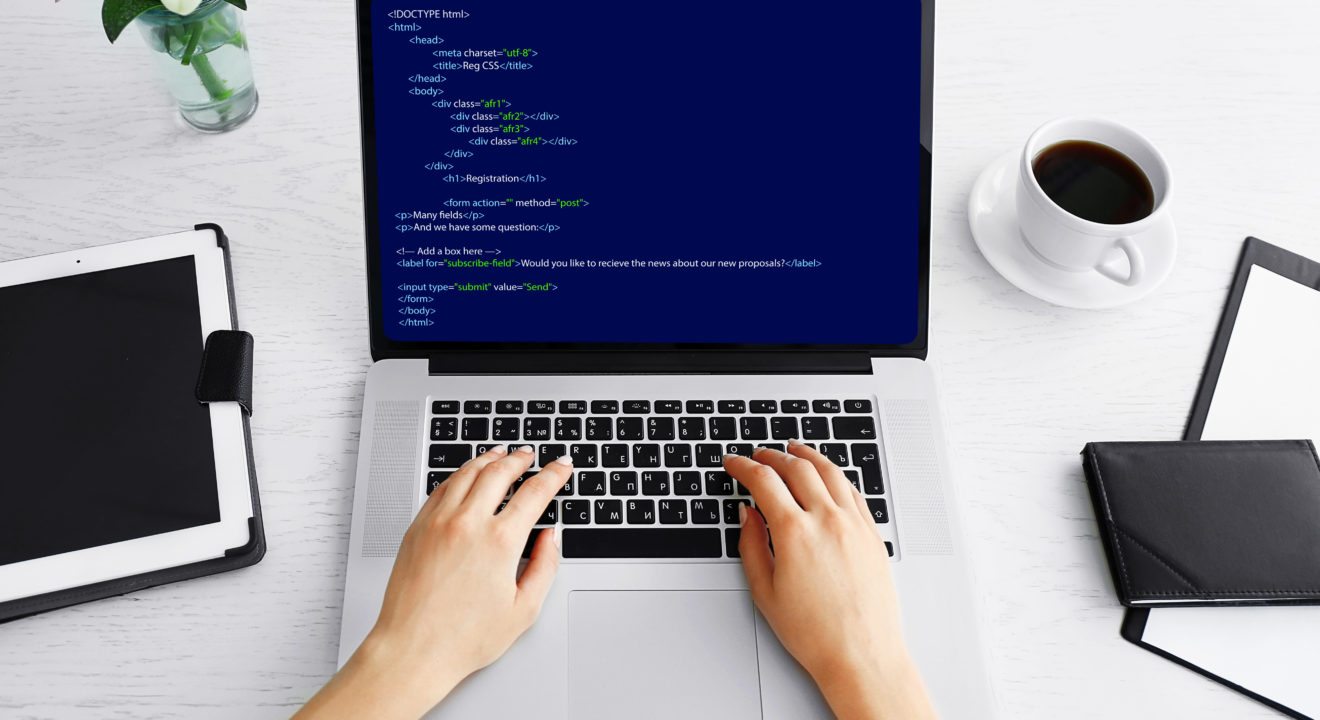Culture November 27, 2016


Most movie hackers are portrayed as evil, manipulative people who prey on the naïve for their own benefit. They sit in a darkened room and type furiously until muttering, “I’m in!”
These portrayals aren’t the most accurate. In fact, not all hackers use their knowledge of computers and programs for their own gain. Many have made a career out of testing the security of sites for companies. Some ‘ethical hackers’ are computer security experts that bug-test systems for their clients.
Still, hacking is not a problem to take lightly. Anyone with a computer is at risk of hacking –yes, even high-profile celebrities and government agencies are susceptible. Hackers want access to anything from your social security number to your bank account information to your social media accounts. According to USA Today, “The scary part is that anyone can be a hacker. For as little as $3,000, you can buy a complete and fully operational exploit kit.”
READ MORE: The Future of Apps and the Millennial Overload
One of the easiest methods through which hackers access your information is through phishing scams. According to Indiana University, “Phishing scams are typically fraudulent email messages appearing to come from legitimate enterprises … These messages usually direct you to a spoofed website or otherwise get you to divulge private information (e.g., passphrase, credit card, or other account updates).”
You should never trust emails that ask you to reply with personal information such as your password, your social security number or any other private information. This includes that Nigerian prince’s plea that you send the royal family money in order to help them transfer funds out of the country. These types of scams should never be trusted. The Identity Theft Resource Center advises, “While there are many different ways these fake stories are formulated, they all follow the same basic principle. You send us money, and then we will send you much more. Any time you see this formula you should immediately suspect foul play.”
In addition, you should also never open or download attachments from suspicious emails. These files may contain viruses known as Trojan horses. “Typically, the malicious programming is hidden within an innocent-looking email attachment or free program, such as a game. When the user downloads the Trojan horse, the malware that is hidden inside is also downloaded” reports Search Security. Once the malware is downloaded, hackers can record everything you type, including confidential information which could be very dangerous in a stranger’s hands.
READ MORE: Safety Apps You Should Download Today
For example, one of the most infamous hacking activities occurred last year. Ashley Madison, a dating website for spouses trying to have affairs with other men and women, was hacked by a group called Impact Team in an act of ‘hacktivist vigilantism.’ Over 30 million users had their names and information released to the public. This large-scale operation was planned for years beforehand. Most of the phishing emails or scams the average user will receive do not receive as much concentrated effort. However, you might still be at risk.
In order to protect your information, always use common sense when reading your emails. If you see something suspicious that sounds like a scam or asks for personal information, do not follow any links or download any attachments. Delete these emails immediately.
It’s also important to remember that the older the program or software, the more susceptible it might be to hackers. Always opt to keep your programs updated when a new version is available. Be sure that you’re using the latest version of security software so that your computer scans accurately for viruses and Trojans.
Finally, the simplest step you can take to keep your information secure from hackers is to use a different password for every site or account you create. That way, if a hacker accesses one password, he or she will not be able to use that password for other accounts. Also, use strong passwords that aren’t just your birthday or ‘123.’ Instead, use a combination of letters, symbols and numbers to keep your password secure.
READ MORE: 5 Startups That Are Going to Change the Biotech Industry
Use common sense, keep your computer updated, and keep an eye out for potential scams and you will be ensure the safety of your information.